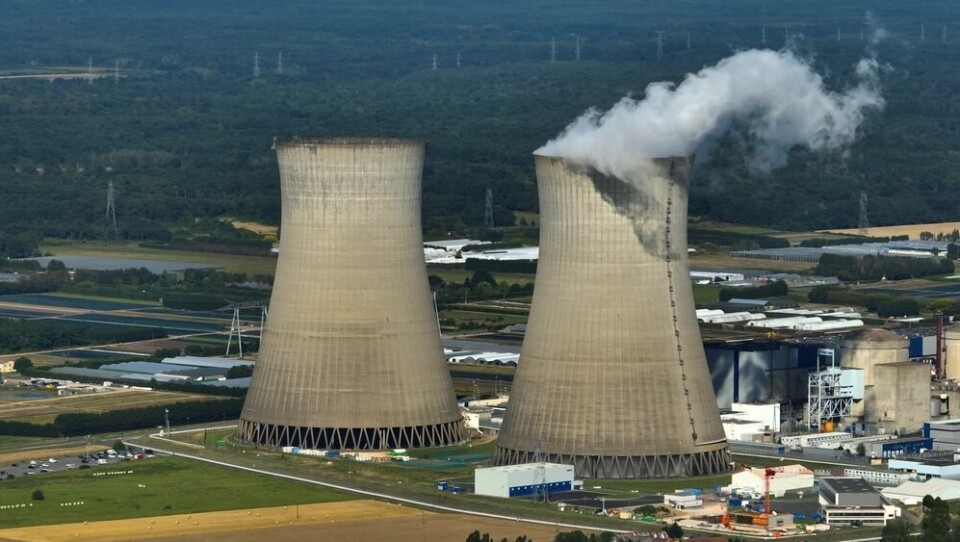-
La Voie Bleue: European Cycle Route of the Year is in France
700km bike path linking Luxembourg and Lyon has been crowned winner of the 2026 title
-
MAP: See how your location in France affects online food shop prices
New analysis shows how your shop compares on average
-
Further sightings of processionary caterpillars in France prompt action from local authorities
Caterpillars have arrived early after mild winter
Nuclear reactor approved to continue beyond 40 years, first in France
The 40-year-old reactor can reportedly now operate until its next assessment in ten years' time

A nuclear reactor in southeast France has been permitted to operate for more than 40 years, a first for the country.
France’s nuclear safety authority took the decision during its fourth regular examination of the reactor at the Tricastin nuclear power plant in Saint-Paul-Trois-Châteaux, Drôme (Auvergne-Rhône-Alpes).
The Autorité de sûreté nucléaire (ASN) issued a report to EDF, saying that the reactor was the “first reactor in the French nuclear fleet to be assessed by the ASN at the end of its fourth periodic review, i.e. after some 40 years of operation”.
This means that the reactor can continue to function until its next assessment in 10 years, Yves Guannel, head of safety assessments at the ASN, told the news organisation AFP.
It comes after the ASN said in 2021 that regular assessment of these types of reactors “opened up the prospect of continued operation of these reactors for the ten years following their fourth periodic review”.
As for the reactor at Tricastin specifically, the ASN said that the conclusions from the assessment, and that EDF’s plans for its own checks would “allow [the reactor] to reach the objectives set for its next scheduled assessment” in 10 years.
This extension was made possible by the work undertaken by EDF as part of its Grand carénage ('Large Refitting') scheme.
It also comes after the Elysée announced plans to help extend the life of “existing power plants to 60 years and beyond”, pending construction of new reactors.
Read also: MAP: Where are the six new nuclear reactors planned for in France?
President Macron is a strong proponent of nuclear power and has led plans to boost France’s production and development of the industry, in contrast to some of his political opponents.
Read more: ‘Macron’s nuclear power push is high-risk and high-reward for France’
Earlier this month, France once again became the largest electricity exporter in Europe, ahead of second-place Sweden, due to increased nuclear and hydropower production this year (after a dip in production last year during widescale maintenance across the network).
Yet, in March this year, several serious cracks were discovered at nuclear power plants, including a ‘particularly deep’ crack at Penly in Normandy, and Cattenom in Moselle. However, the plants were having repair work already, and the Cattenom plant was offline.
Neither crack was classed as dangerous by the country’s nuclear watchdog.
Read also
France returns to being top electricity exporter in Europe
France looks to small-scale nuclear plants for its future
























